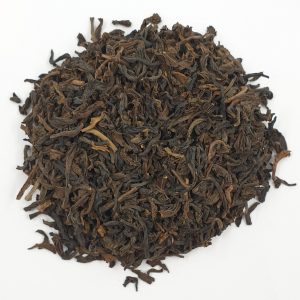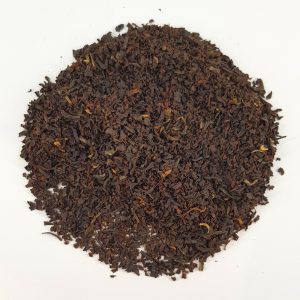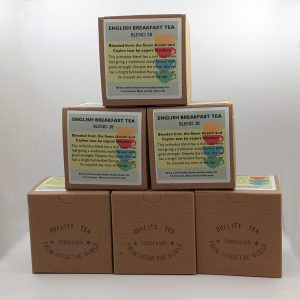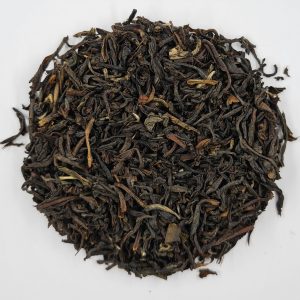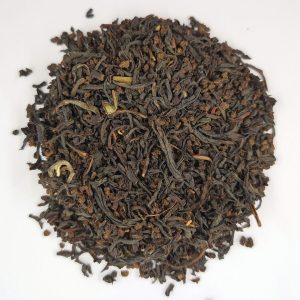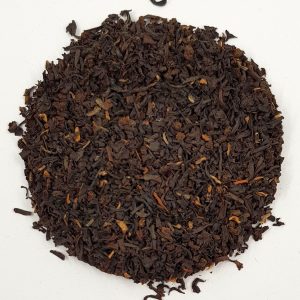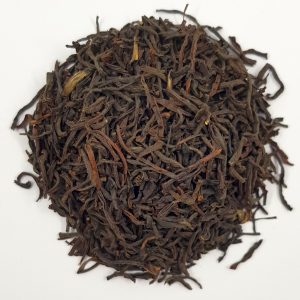Breakfast Tea
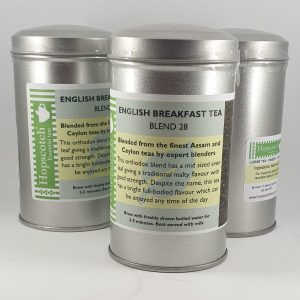 A Robust Blend for a Hearty Start
A Robust Blend for a Hearty Start
Breakfast tea, often referred to as English breakfast tea, is a classic amalgamation of black teas typically sourced from regions such as Assam, Ceylon, Darjeeling, and Kenya. This tea variety has earned its place as one of the most beloved blends, particularly within the tea cultures of Britain and Ireland.
Flavor Profile: English breakfast tea boasts a distinctive character, described as full-bodied, robust, and rich in flavor. It’s meticulously crafted to complement the addition of milk and sugar, in line with the longstanding tradition of a hearty English breakfast.
Blend Composition: The specific combination of black teas in this blend can vary, although Assam, Ceylon, and Kenyan teas tend to dominate the mix. Occasionally, more expensive variants may incorporate Darjeeling or Keemun teas for added complexity and depth.
Origins and History: The origins of breakfast tea come with some degree of ambiguity. The practice of sipping a blend of black teas for breakfast has deep roots in British and Irish customs, with mentions dating back to at least the late 18th century. Interestingly, the term “breakfast tea” may have its origins in America during Colonial times. A compelling account attributes the blend to 1843 and a New York City tea merchant named Richard Davies, originally from England. His concoction, comprising Congou as a base along with a touch of Pekoe and Pouchong, gained immense popularity and inspired imitators, contributing to the widespread use of the name.
Royal Influence: In the United Kingdom, the ascent of breakfast tea can be partially attributed to Queen Victoria. During a visit to Balmoral in 1892, she sampled and savored a blend that bore the name, subsequently bringing it back to London. Interestingly, this particular tea had Scottish origins, but it eventually became universally known as “English breakfast tea.”
Irish Breakfast Tea: While there isn’t a standardised recipe for Irish breakfast tea, it shares distinctive characteristics that set it apart from British blends. The foundation typically comprises a robust Assam black tea from India, celebrated for its deep color, potent flavor, and malty aroma. This Assam base is often complemented by a softer tea sourced from Africa or Ceylon (Sri Lanka), with Kenyan Broken Pekoe being a popular choice. The ratio of Assam tea to these supplementary leaves shapes the unique flavor profile of Irish breakfast tea. Additionally, the strength of the blend is influenced not only by the tea leaves but also by the processing, which often involves breaking the leaves. This method allows for faster steeping and a more pronounced flavor release compared to whole leaves.
In essence, breakfast tea, whether it’s English or Irish, embodies a longstanding tradition of blending black teas to craft a robust and invigorating brew, making it a cherished morning ritual for many tea enthusiasts.
Showing all 7 results

